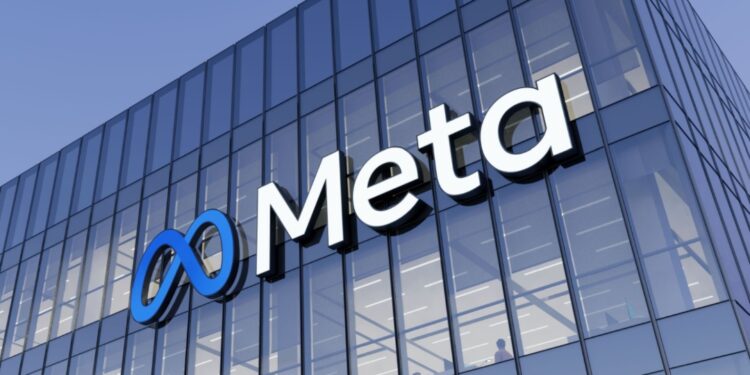The Federal Competition and Consumer Protection Commission (FCCPC) has responded firmly to Meta’s recent threat to exit Nigeria. They are calling it a calculated attempt to sway public opinion. The tech giant’s warning followed a court ruling that upheld the FCCPC’s $290 million fine against Meta for violating Nigeria’s data protection and competition laws.
In a statement signed by its Director of Public Affairs, Ondaje Ijagwu, the Commission accused Meta of using public sentiment as leverage. They described the threat to withdraw from the Nigerian market as a move designed to pressure the FCCPC into backing down. But the Commission made it clear—no amount of pressure will derail its commitment to holding powerful corporations accountable.
The FCCPC had investigated both Meta Platforms and WhatsApp over repeated breaches of Nigeria’s consumer protection laws. Findings revealed that the companies denied Nigerians the right to control their personal data. Worse still, they transferred and shared user data without authorization. The Commission also accused Meta of treating Nigerian users unfairly when compared to users in other countries. They claimed Meta abused its dominant market position by imposing unfair privacy policies on Nigerians.
This isn’t Meta’s first run-in with regulators. The FCCPC reminded the public that Meta has faced similar fines in other countries. In Texas, they were fined $1.5 billion. In the European Union, a $1.3 billion fine. Other countries, including India, South Korea, France, and Australia, have also taken action against the company for similar offenses. But in all those places, Meta complied with the law. They didn’t threaten to pull out. They paid the fines. Nigeria, the FCCPC argues, deserves no less respect.
The Commission insisted that the court’s ruling remains final. Meta must comply with Nigerian law. This includes changing their data practices, ending exploitation of Nigerian consumers. According to the FCCPC, Meta’s threat to leave does not erase the legal obligations established through a judicial process.
Meta, however, seems determined to push back. The company warned that it may suspend its platforms—Facebook, WhatsApp, and Instagram—within Nigeria. In court filings reviewed by the BBC, Meta called the regulatory expectations “unrealistic” and labeled the combined $290 million in fines as excessive. These filings came after the company failed in its legal challenge to avoid the penalties.
The FCCPC remains unmoved. Whether Meta stays or goes, the Commission appears resolute in its stance: no company, no matter how large, is above Nigerian law.























































